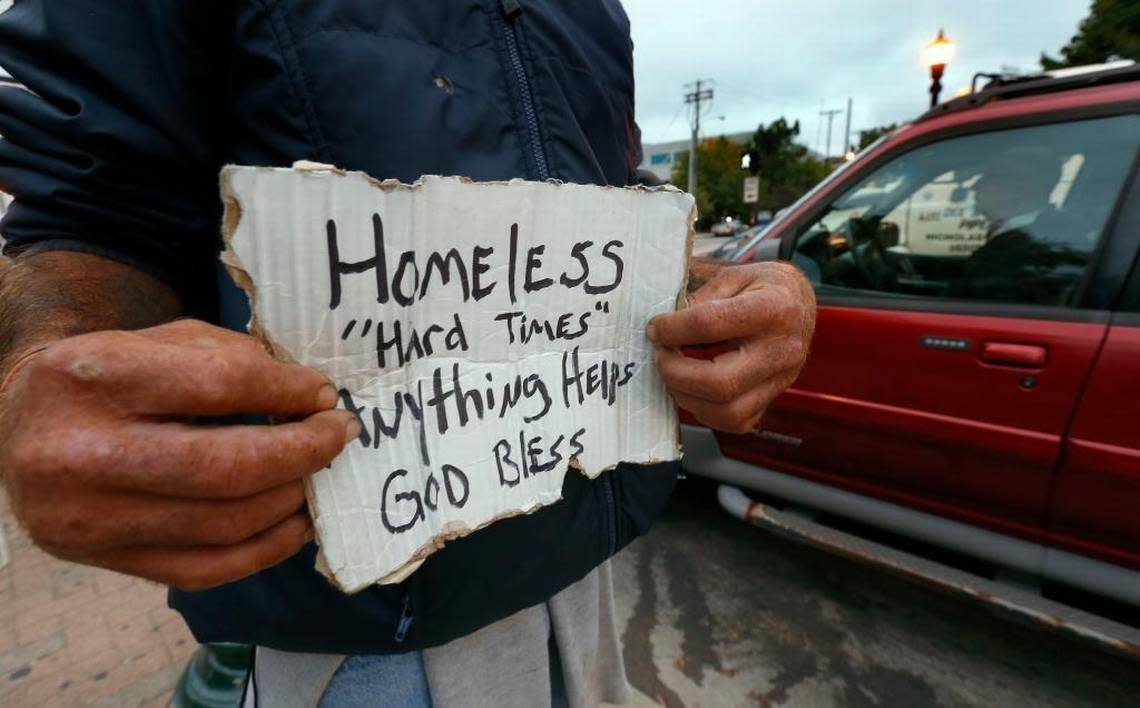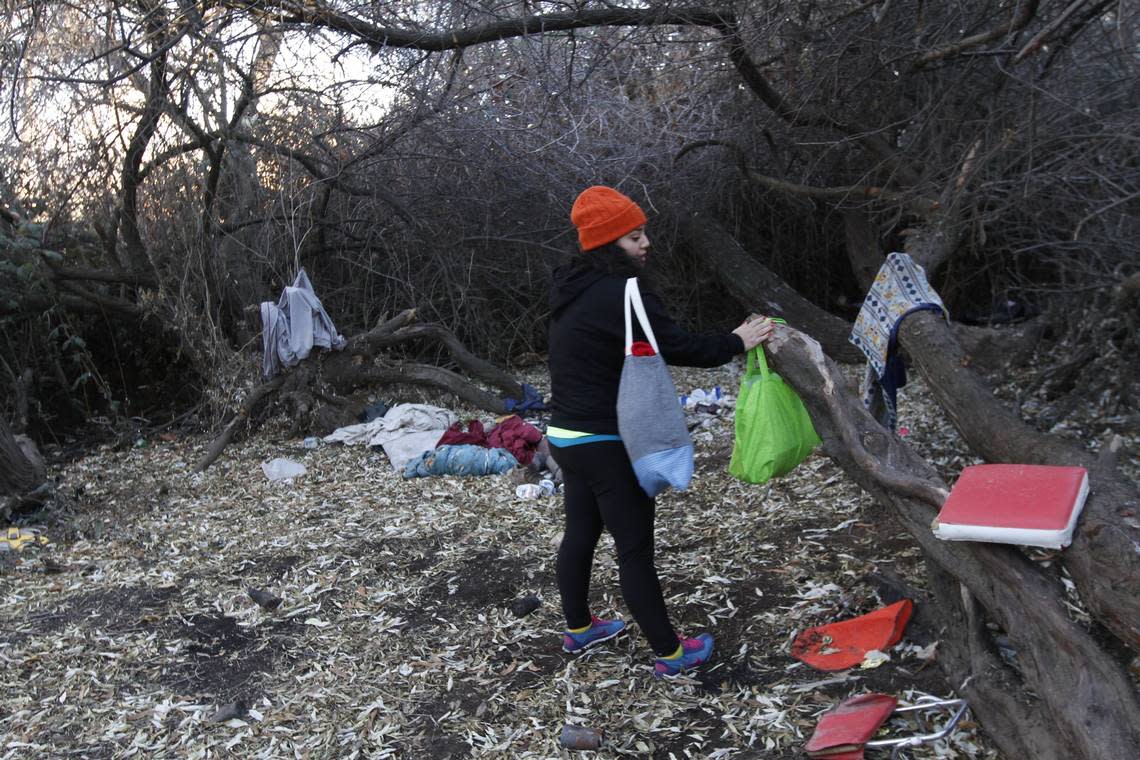Encampment sweeps alone won’t solve the region’s homelessness challenges | Editorial
Richland could soon begin clearing homeless residents from public spaces.
That’s the city’s right and the right thing to do, but sweeping camps alone will not solve the homelessness crisis in the Tri-Cities. All local governments must work together to provide shelter and aid to the people who need it.
The Ninth Circuit Court of Appeals had hamstrung localities when it came to dealing with problem homeless camps. The court ruled in a case out of Boise that communities may not clear homeless campers from public spaces unless there was available shelter space for them.
The Ninth Circuit Court includes all of the West Coast. Its Boise decision came just as homelessness was amping up from California to Washington. As the number of homeless people outstripped available shelter space, communities could not clear camps. Even places that tried to build new shelters could not keep up.
By now, everyone is familiar with the consequences.
Homeless camps form in parks, in vacant rights of way and on street corners. Far too often, they can become open-air drug markets, home to violence and other crimes. They generate trash – oh so much trash – and start fires that sometimes get out of control. Public spaces become inaccessible to the public.

This summer, the U.S. Supreme Court overturned the Boise decision. The Richland City Council could become the first local government to take advantage of their restored authority to clear camps.
As reported by the Tri-City Herald’s Wendy Culverwell, Richland is considering a policy that would empower police and park rangers to restrict camping in public spaces such as parks and rights of way to 72 hours.
If they actively enforce that rule, homeless camps would not have an opportunity to become entrenched problems. They wouldn’t have time to deposit mountains of trash and to harm natural areas.
That won’t be the end of it, though. Sweeping camps might resolve some of the symptoms of homelessness, but it will not cure the underlying problems.
Campers will bounce between sites because they have nowhere else to go. Three days here, then three days there. Some almost certainly will choose to forgo those headaches and will simply move to Pasco, Kennewick or some other nearby community, at least until they adopt policies similar to Richland’s.
Yet the fact that the Supreme Court has provided constitutional cover for sweeps does not diminish the moral and social imperative of providing shelter to our fellow Tri-Citians and treating them humanely.
If local cities and counties collaborate, they could make progress on what has been an intractable problem.

One immediate step might be to identify places where camping is allowed as an alternative to illegal and controversial encampments that pop up anywhere. That won’t be easy. Sites near neighborhoods will certainly draw opposition.
And no one city will want to welcome a disproportionate number of the region’s homeless. If each city identifies a site that might accommodate campers, it would buy time for what must come next.
The region has relied too heavily on the goodwill of nonprofit organizations to provide homeless services. Local governments must step up with strategic, long-term planning that includes building more shelters across a range of needs. Some must be low- to zero-barrier, ready to welcome anyone who shows up at the door. They would provide a bed and a meal, no questions asked.
Other shelters must offer services to help people overcome substance use disorders, find jobs and move into permanent housing. Trained outreach staff could engage with people living outdoors and encourage them to come inside.
None of that will be cheap. Providing effective services and shelter might require a regional revenue measure of some sort to pay for it. The long-term payoff will be worth it.
In some ways, the Boise decision was a crutch, an excuse to do nothing.
Now communities must own their action or inaction when it comes to their homeless residents. The best measure of a civilization is how it treats its neediest people.






